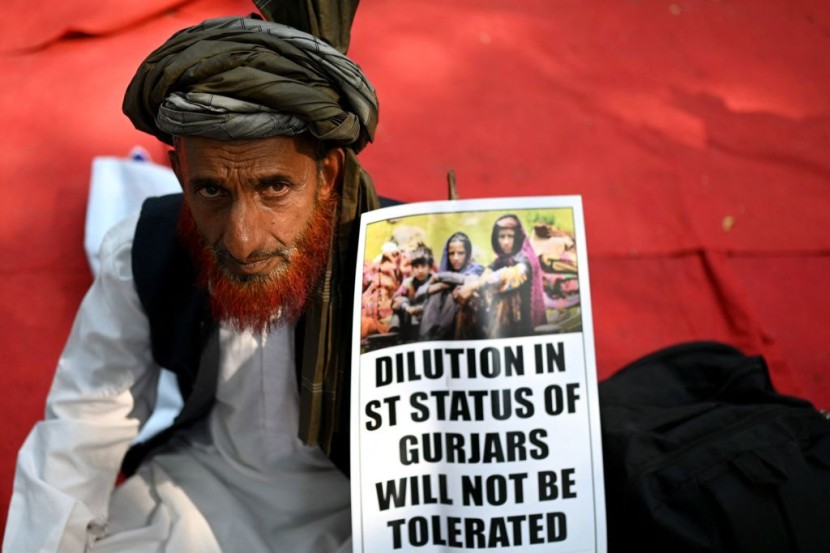Many churches and homes have been attacked and set ablaze following the violence in India.
The violence took place in Manipur during a protest march. A lot of Christian tribal people were opposing a demand by the majority Hindu non-tribal group for the constitutionally defined status of a scheduled tribe, which brings access to jobs and education.
The police responded to attacks on churches and homes with tear gas and rubber bullets. To control the violence, paramilitary forces, and police have come out in large numbers. Additionally, the government has suspended the internet for five days.
Curfew has also been imposed in eight districts, with a law prohibiting four or more people from gathering in a public place.
Around 9,000 people from various communities were evacuated to safety in the military and government-run premises, as reported by Sky News.
Demand for Scheduled Tribe Status
Tensions were running high over tribal opposition to the ruling Hindu nationalist Bharatya Janata Party-led government's support for a demand by the majority, non-tribal Meitei community for the status of a Scheduled Tribe.

It involved reserving jobs in government and education institutions for members of the majority group at the expense of the minority. The tribal groups opposed the move, and a students' union, the All Tribal Students' Union Manipur, organized a rally over 50,000 people attended.
The Meiteis retaliated by staging their protests, which led to violence and arson.
Read also: India Opposes Legalization of Same-Sex Marriage
A Long-Standing Issue
The demand for Scheduled Tribe status by the Meitei community has been a long-standing issue, claiming that they have been historically marginalized and deprived of opportunities. However, the tribal groups argue that granting the status would result in losing their rights and benefits and further marginalization.
The government has been accused of ignoring the concerns of the tribal groups and favoring the demands of the Meitei community. The situation remains tense, with both sides refusing to back down and seeking support from political parties and organizations.
The conflict highlights Manipur's complex social and political dynamics, where ethnic and linguistic diversity has often led to tensions and conflicts. It also raises questions about the government's role in addressing the grievances of different communities and ensuring social justice and equality.
The issue of Scheduled Tribe status for the Meitei community has been contentious, with various arguments and counter-arguments put forward by different stakeholders.
The Meiteis claim they have faced historical discrimination and exclusion from political power and economic opportunities, which can only be addressed through affirmative action policies such as reservation in education and employment.
On the other hand, tribal groups argue that granting ST status to the Meiteis would dilute their identity and rights as indigenous communities. They fear that the influx of non-tribal population into reserved areas would result in further land alienation, cultural erosion, and loss of traditional livelihoods.
The government's response to this issue has been lukewarm at best. While some politicians have supported the demand for ST status by the Meiteis to appease their vote bank ahead of elections, others have opposed it on the grounds of protecting tribal interests.
Meanwhile, civil society organizations have organized protests both for or against this move depending upon what side they support.
Resolving this conflict amicably without causing any harm or distress amongst either party involved requires careful consideration towards all aspects, including socio-cultural context, legal framework & constitutional provisions, so that mutua,l respect is maintained while ensuring social justice prevails across communities residing within Manipur state borders today.
Related article: India Lauds Saudi Arabia FM Presence, Support in G20 Meetings
© 2026 HNGN, All rights reserved. Do not reproduce without permission.








